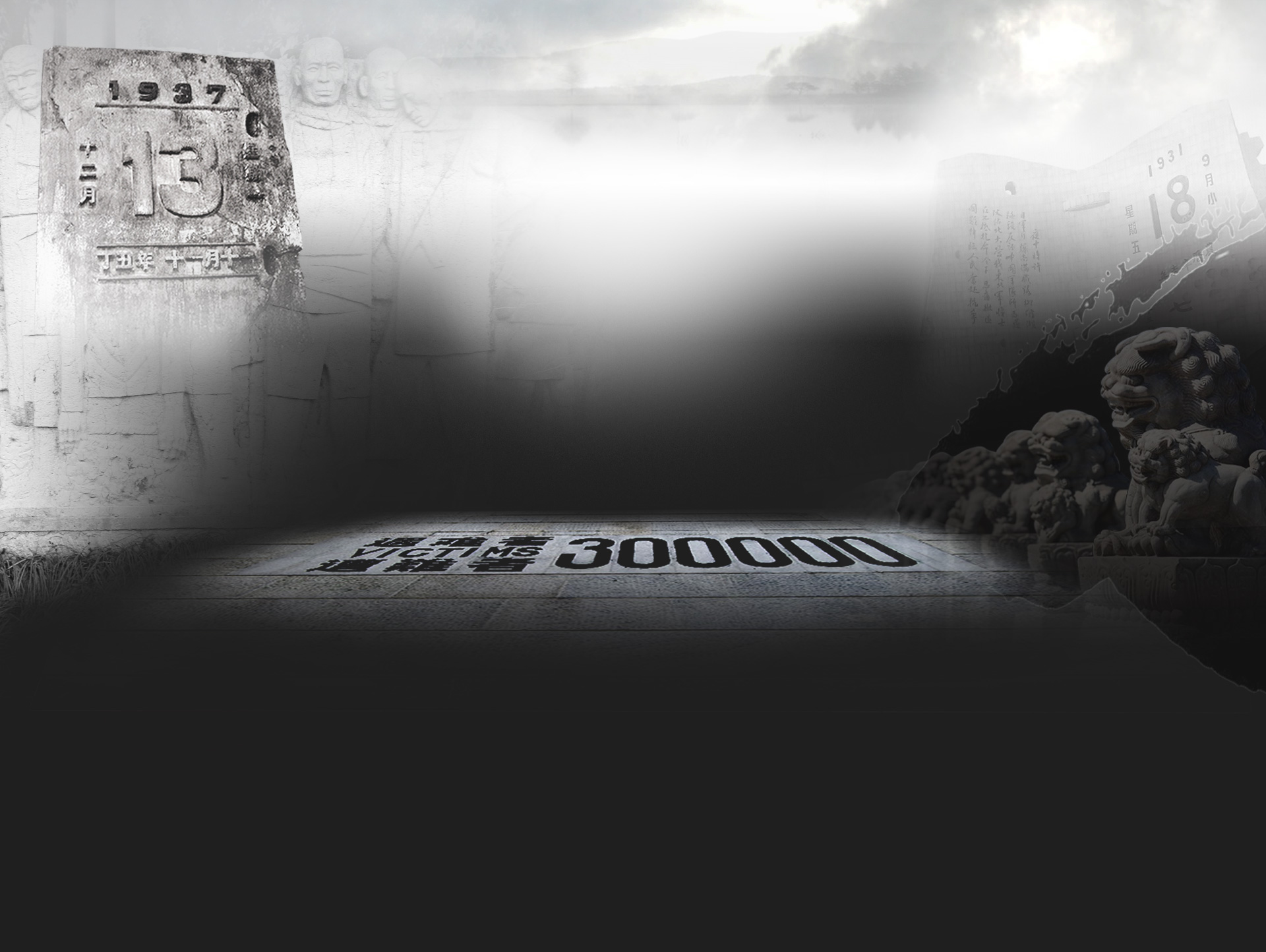
Chinese President Xi Jinping and other senior leaders Li Keqiang, Zhang Dejiang, Yu Zhengsheng, Liu Yunshan, Wang Qishan and Zhang Gaoli attend a ceremony at the Tian'anmen Square in Beijing, capital of China, Sept. 30, 2016, to honor and remember deceased national heroes on the Martyrs' Day. (Xinhua/Yao Dawei)
BEIJING, Sept. 30 (Xinhua) -- Activities were organized across China on Friday to honor and remember deceased national heroes on Martyrs' Day.
Chinese President Xi Jinping and other senior leaders attended a ceremony in the morning at Tian'anmen Square in Beijing.
Veterans, family members of martyrs and representatives of all walks of life gathered at the Monument to the People's Heroes at the square to mark the country's third Martyrs' Day.
In east China's Jiangsu Province, 95 newlyweds arrived at Yuhuatai memorial park of martyrs in Nanjing City at 9 a.m. to offer flowers.
Soldiers and relatives of martyrs also participated in the activity. After singing the national anthem and spending one minute standing in silent tribute, the couples went to the monument to lay flowers.
Many martyrs sacrificed their lives at Yuhuatai.
Liu Aiqin, 90, is the daughter of late leader Liu Shaoqi. Her mother, He Baozhen, was martyred at Yuhuatai in 1934 after being betrayed by traitors. Liu Aiqin traveled from Beijing to Nanjing for the commemoration.
"We should firmly remember the purpose of the martyrs' sacrifice.
We should acknowledge that what we have today is hard-earned, and never forget what the martyrs have sacrificed," she said.
Newlyweds Ding Sicheng and Dai Bin, both police officers, joined in the activity. They grew up near Yuhuatai and have heard many stories about the martyrs.
"We should never forget them, and we should learn to cherish the present," Ding said.
At 10 a.m., a public memorial ceremony for martyrs was held in the Yingxiongshan martyrs' memorial park in Jinan City in east China's Shandong Province.
Ma, a local citizen, said he came on behalf of his father, who fought in the Battle of Jinan and the Battle of Qingji, two important battles in China's war of liberation. His father has bad knees and could not come.
At 9 a.m., a public memorial ceremony was held in the martyrs' memorial museum of Qingdao City. A chorus of primary school students paid their respects through song, and citizens placed flower baskets in front of statues of martyrs.
Memorial parks for martyrs in Shandong also launched online memorial platforms on their official websites for people to pay their respects.
"We owe our happy life today to the sacrifice of the martyrs. Their spirits are immortal and will always encourage us to move forward," wrote one netizen posting under the name "Song Mingchun."
In east China's Jiangxi Province, officials, veterans and family of the martyrs attended a memorial activity held in the provincial martyrs' memorial hall.
Chen Haining, a descendant of martyr Chen Xingfa, said, "We should remember history and cherish today, and we should all learn from the martyrs to hold fast to dreams and beliefs."
China's legislature approved Sept. 30 as Martyrs' Day in 2014 to commemorate those who lost their lives fighting for national causes.
Martyrs, as defined by the government, are "people who sacrificed their lives for national independence and prosperity, as well as the welfare of the people in modern times, or after First Opium War (1840-1842)."
China recognizes an estimated 20 million martyrs.

